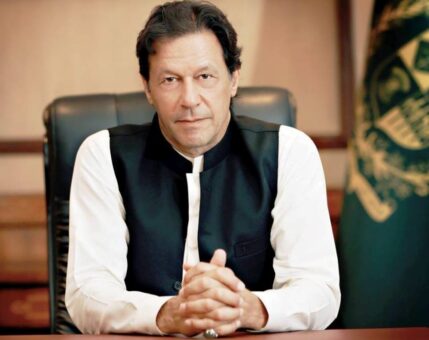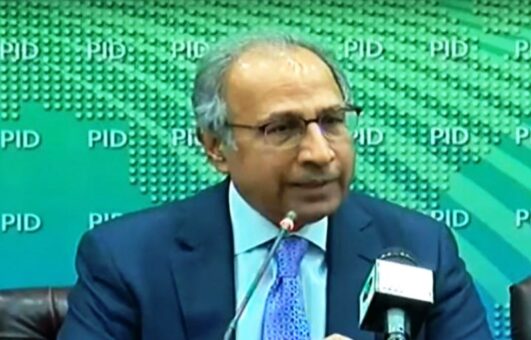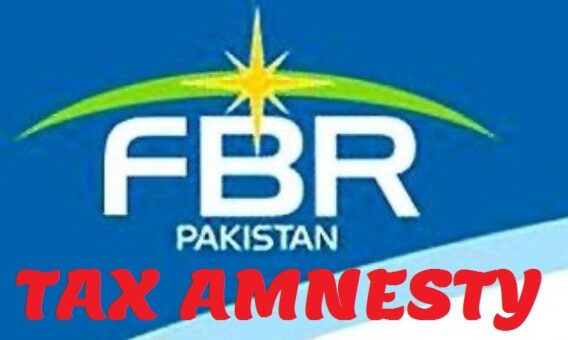ISLAMABAD: The government on Tuesday announced up to 50 percent reduction in electricity tariff on additional usage to promote industries in the country.
Prime Minister Imran Khan announced a relief package for industrial sector with 50 percent reduction in rate of commercial electricity on additional usage by Small and Medium Enterprises.
The announcement was made after the federal cabinet gave approval to the package.
The Prime Minister said for next three years, all industries on additional usage of electricity would be provided 25 percent relief considering their previous bills.
He also announced an end to peak-hour system for commercial electricity users, with provision of uniform electricity rates round the clock.
Imran Khan said a strong infrastructure of energy was vital to help industries grow and compete with international market.
He pointed that with 25 percent expensive electricity rates, Pakistan lagged behind India and Bangladesh in terms of exports.
“It is extremely important for Pakistan to strengthen industrialization, which will lead to wealth creation and thus help pay off the debt,” he said.
Imran Khan regretted that the contracts signed with power generation companies during previous tenures resulted in production of high-cost electricity, which remained unaffordable for industrial sector.
During 2013-18, he mentioned that the country’s exports dipped from Rs 25 billion to Rs 20 billion as many industries were shut down due to high cost of electricity.
The Prime Minister said soon after assuming the government, his team focused on increasing exports as “higher the exports, stronger the economy”.
He expressed satisfaction that Pakistan ranked high among the countries of sub-continent in growth of exports during the pandemic of COVID-19.
In view of the second wave of coronavirus, the Prime Minister appealed to the nation to continue wearing face masks to avert the risks and dangers of the disease.
Minister for Industries and Production Hammad Azhar on the occasion said under the package, which was prepared on the special instructions of Prime Minister Imran Khan and approved by the cabinet today, the industries would be provided electricity at off-peak hours’ rate for 24 hours for next three years.
The Small and Medium Enterprises (SMEs), he said, would be getting 50 percent tariff relief on the use of additional electricity, considering their bills of November 2019, during next six months, while all the industries would be provided with additional electricity on 25 percent reduced rates for next three years.
Hammar Azhar said the decision would help boost economic growth, strengthen industry, increase exports, and create employment opportunities.






